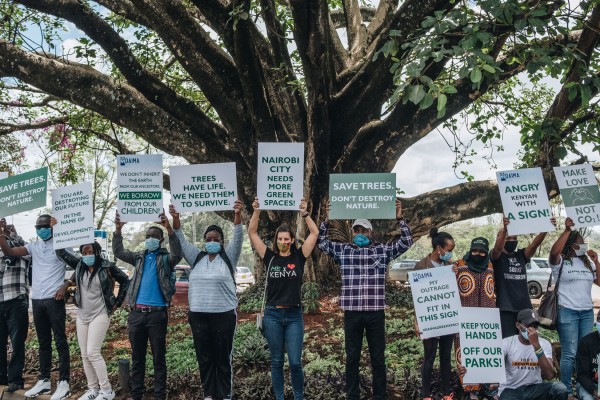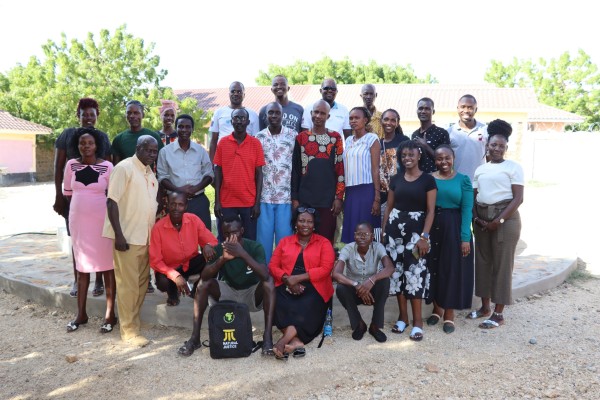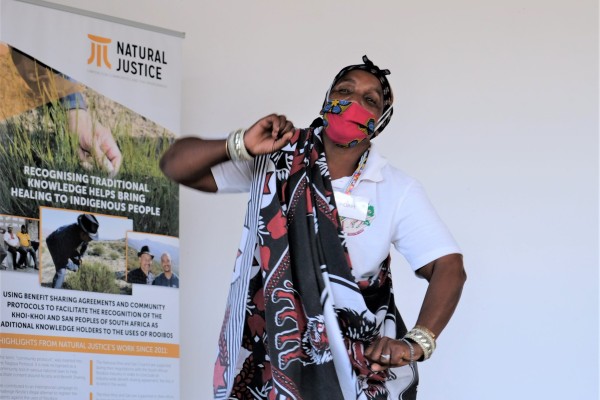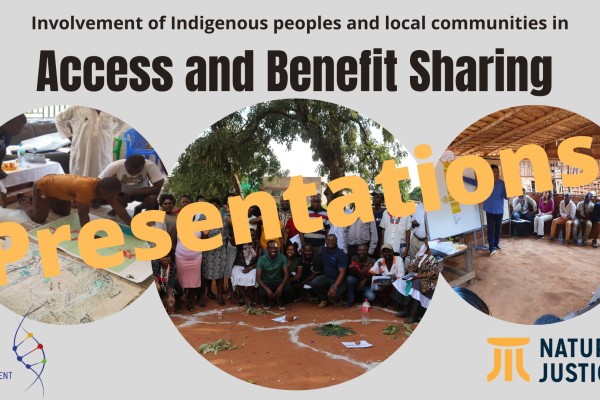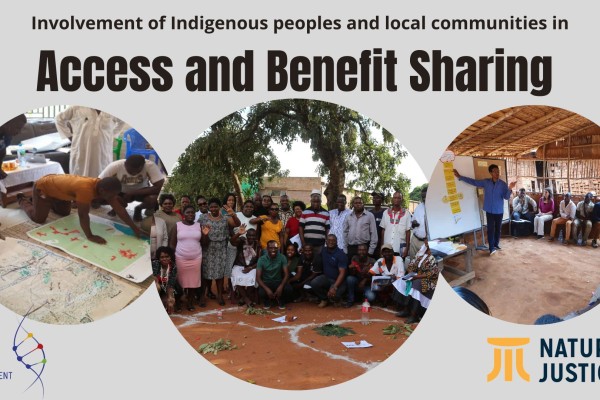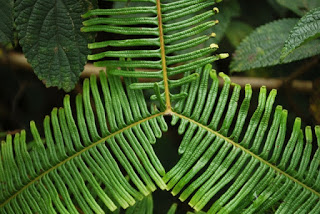
On 24 May during the 13th Congress of the International Society of Ethnobiology (ISE), Holly Shrumm and Harry Jonas (Natural Justice) contributed to a full-day workshop on biocultural community protocols (BCPs), the United Nations Declaration on the Rights of Indigenous Peoples, and multilateral environmental agreements. The workshop was hosted by the ISE Global Coalition for Biocultural Diversity as part of the Congress’ Indigenous Forum. Organized by the Global Coalition’s Co-Chairs, Alejandro Argumedo (Asociación ANDES) and Krystyna Swiderska (International Institute for Environment and Development, IIED), the day included a range of speakers, including: Viviana Figueres (Secretariat of the Convention on Biological Diversity), Pierre du Plessis (Centre for Research-Information-Action for Development in Africa, CRIAA), Maui Solomon (Hokotehi Moriori Trust), Ilse Kohler-Rollefson (League for Pastoral Peoples), and Brendan Tobin (Irish Centre of Human Rights, National University of Ireland, Galway). Natural Justice presented on the community protocols website and toolkit.
The workshop concluded with a discussion among participants, during which there was general consensus that: a) BCPs offer a practical way for communities to articulate their “territoriality” (Argumedo, in conversation), affirm their responsibilities and assert their rights; b) BCPs should be recognized appropriately by a range of actors; c) BCPs should not be considered a panacea; and d) there is a risk that BCPs could become standardized or driven by external parties, thus undermining local processes.A report of the workshop is available from IIED here. More information about the use of BCPs is explored in a forthcoming issue of IIED’s Participatory Learning and Action Journal, entitled “Biodiversity and Culture: Exploring community protocols, rights and consent“. Thanks to the Shuttleworth Foundation for their support to attend the Congress.

